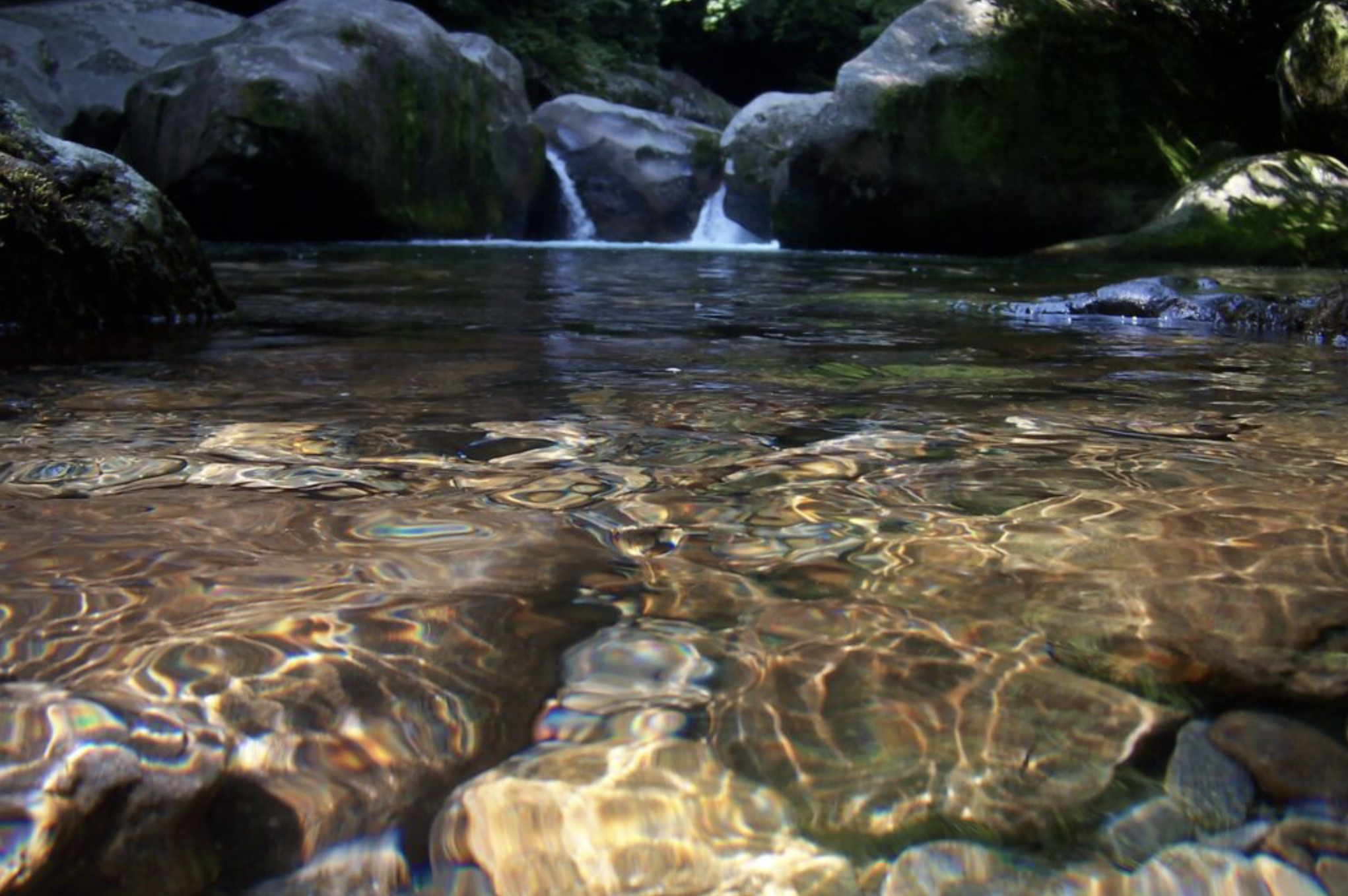WRRI, Stormwater Group and NSF funding lead to new insights into aquatic insects that have significant implications for managing NC’s freshwater streams

Freshwater ecosystems support a disproportionate percentage of Earth’s biodiversity and are among the most threatened by human activities. North Carolina’s freshwater streams are no exception, and the quality of these streams and the health of the aquatic insects that inhabit them are used by resource agencies and local governments to assess the efficacy of environmental management measures and make decisions about how to manage streams and their surrounding watersheds.
However, there is poor understanding of how individual freshwater insect taxa respond to elevated stream temperatures, which is a concern in urban watersheds where tree clearing removes shade from streams and runoff from sun-exposed impervious surfaces such as parking lots is warmed before it discharges into nearby streams. With limited knowledge about the relationships between environmental temperatures and species distributions in time and space, making inferences about ecological health based on stream assessment data is difficult, and making management decisions based on those inferences can be controversial.
 To help address this information gap, the North Carolina Stormwater Group and WRRI funded the project “Environmental approaches to understanding temperature and flow responses of select North Carolina macroinvertebrates” by PI David Buchwalter of NC State University. The SWG and WRRI alike seek to support research that has a direct tie to more informed management of NC’s water resources and addresses statewide priority issues, and this project addresses several of these priorities. In this project, Dr. Buchwalter, along with graduate student Allison Camp and co-PI Charles Hawkins of Utah State University, sought better understanding of macroinvertebrate respiratory patterns that could contribute to a more extensive listing of species’ thermal preferences, and thus, yield more realistic expectations for stream monitoring and management based on temperature regimes of a given stream. Their research yielded significant results linking thermal exposures to physiology, thermal tolerances, and life history for over 600 NC taxa.
To help address this information gap, the North Carolina Stormwater Group and WRRI funded the project “Environmental approaches to understanding temperature and flow responses of select North Carolina macroinvertebrates” by PI David Buchwalter of NC State University. The SWG and WRRI alike seek to support research that has a direct tie to more informed management of NC’s water resources and addresses statewide priority issues, and this project addresses several of these priorities. In this project, Dr. Buchwalter, along with graduate student Allison Camp and co-PI Charles Hawkins of Utah State University, sought better understanding of macroinvertebrate respiratory patterns that could contribute to a more extensive listing of species’ thermal preferences, and thus, yield more realistic expectations for stream monitoring and management based on temperature regimes of a given stream. Their research yielded significant results linking thermal exposures to physiology, thermal tolerances, and life history for over 600 NC taxa.
As a testament to the importance of and need for this research, Dr. Buchwalter (as PI), along with Dr. Hawkins and researchers from Stroud Water Research Center and the University of Arizona received a grant from NSF for an additional $1.2 million over three years to expand on this work. This multi-disciplinary project will link physiology, calorimetry, metabolomics and full life cycle rearing experiments to better understand how temperature determines species’ performance (life history and fitness) in a variety of mayflies. The outcomes will help clarify which aspects of temperature exposure are most important to species performance, and will help refine the models that are used in freshwater biodiversity assessment and monitoring.



